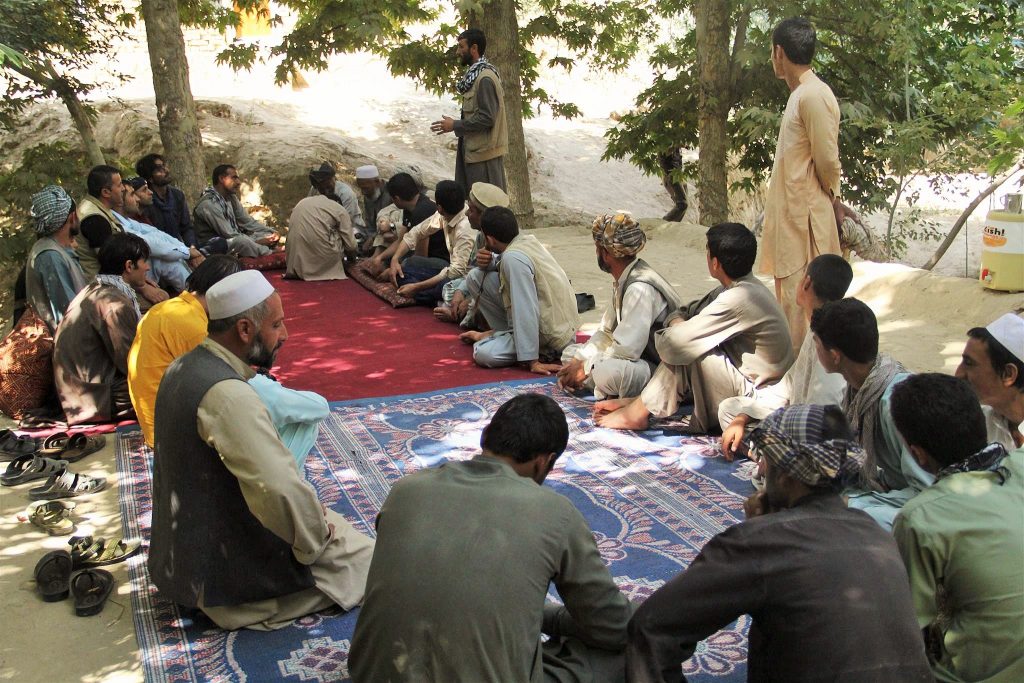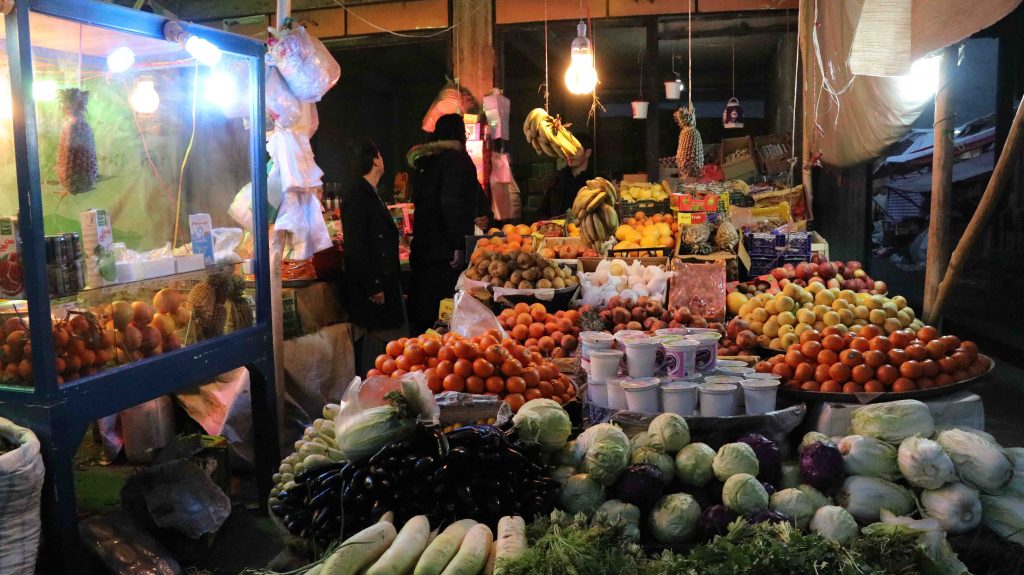Shabnam, not her real name, lived 20 kilometers to the north of Kabul city in a small rural village. She kept coming for treatment to Shamal Orthopedic Hospital in Kotal-e Khair Khana, Kabul. Shabnam was suffering from bone fractures because she had been beaten by her husband a year ago; she had still not fully recovered. Shabnam and her three-month-old baby were coming to visit her doctor once a month. On one occasion, her husband left for his work after dropping Shabnam in front of the hospital gate.
Shabnam has had four difficult years with her husband. Her husband did not have any schooling and worked in Kabul city as a taxi driver.
Shabnam had studied until 6th grade in her village although the villagers resisted girls’ education.
When Shabnam was 15 her uncle’s family decided to marry her to their son, Mahmoud. Mahmoud was 10 years older than Shabnam. She wanted to pursue her education so she tried to convince her father to move to Kabul city so she could attend high school. Her dream was to study biology and midwifery to help her fellow villagers. Her father initially agreed but when Mahmoud’s mother came forward with the marriage proposal, he changed his mind. He thought marriage was better for her than attending high school. Shabnam was heart-broken. She could not change the decision made on her behalf.
At the engagement party a small thing overshadowed the whole party and affected the whole relationship. According to custom, the groom’s family paid for the party. Mahmoud’s family bought all of what was necessary for the engagement party. The ceremony started well but when the groom’s family entered Shabnam’s house, all of a sudden they started acting strangely. Mahmoud’s family remained visibly angry throughout the party. Shabnam didn’t know the reason. The cake was cut, the party came to an end but the anger persisted.
A week after the ceremony, the groom’s family was still as angry as they were during the engagement party. Shabnam couldn’t bear it any longer. She asked her fiancé about the sudden change. It turned out that Mahmoud’s sisters had seen a crate of fruit in the backroom of Shabnam’s house. She had then told to her family that the fruit that was meant for the party had been stolen. Mahmoud’s family had concluded that the ‘stolen’ crate of fruit might suggest that a lot of other things were stolen too.
Relationship between the two families deteriorated to the extent that Mahmoud resorted to beating Shabnam several times during their engagement. Shabnam’s family decided to separate her from Mahmoud and break the engagement bond. However, their relatives mediated and encouraged them to arrange for their wedding. They all thought that marriage might put an end to their problems.
So, soon after the mediation, Shabnam was married to Mahmoud. They started a new life together. However, her sisters-in-law continued insulting her. They told Mahmoud that Shabnam was not doing her share of house chores and that she stole things to take to her father’s house. Mahmoud listened to everything his sisters and mother said. He kept beating Shabnam repeatedly.
Mahmoud never listened to Shabnam. She continued to be beaten until she was pregnant with her first child. Mahmoud’s sisters complained and he beat her without telling her the reason. Shabnam fainted.
The next morning, Shabnam was not able to get up. Mahmoud took her to the hospital. The doctors informed them that Shabnam’s knee and hand were broken. Shabnam had a miscarriage and lost her baby. Back at home, everyone blamed Shabnam for losing the baby. Nobody ever said it was actually Mahmoud’s fault.
Shabnam’s family didn’t know what was happening to her until they heard about her miscarriage. When her father and brothers learned that it was because of Mahmoud’s cruelty, they fought with Mahmoud. Shabnam stood by her husband but Mahmoud never appreciated her support. She finally decided to go for divorce. When she told her husband, he beat her again until she fell unconscious.
Shabnam’s family couldn’t endure the situation. They also decided to separate her from Mahmoud. They asked the village leaders to intervene. Shabnam and her family insisted on divorce but Mahmoud was opposed. The village leaders would only support the divorce if Shabnam was not pregnant. A pregnancy test was undertaken. The result was positive so she was returned to her husband.
Mahmoud and his family remained as hostile to her as before. Seven months later, Shabnam gave birth to her second child, a son. She was determined not to allow her son to be forced into marriage at young age. She wanted him to finish his education and play an enlightening role in the village so other girls don’t end up in her situation.














